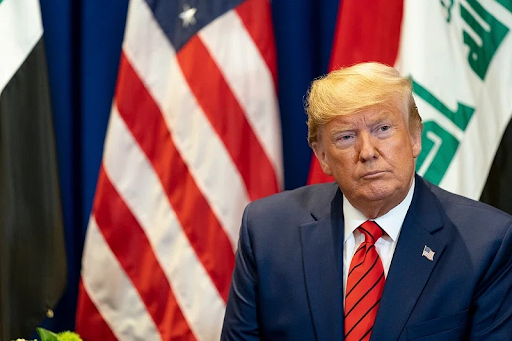Opponents of Donald Trump’s trade policies are hailing a federal court’s decision to strike down his “emergency” tariffs as a resounding victory for the rule of law. Legal scholars, importers, and free-trade advocates argue that the ruling reaffirms the principle that a president is not above the law and must operate within the authority granted by Congress.
For years, critics have argued that the Trump administration’s use of the International Emergency Economic Powers Act (IEEPA) was a transparent attempt to circumvent the legislative process. They contended that declaring a trade deficit a “national emergency” was a legal fiction designed to unlock powers that the White House did not rightfully possess.
The 7-4 decision by the appeals court has now validated this view. The court’s meticulous analysis of the IEEPA’s text and purpose concluded that it was not a tool for setting general tariff policy. This finding is being celebrated as a crucial check on executive overreach and a restoration of constitutional order.
While the fight is expected to continue to the Supreme Court, for now, the ruling stands as a powerful statement from the judicial branch. It signals that there are limits to unilateral presidential action and that the legal framework established by Congress cannot be easily cast aside for political expediency.

